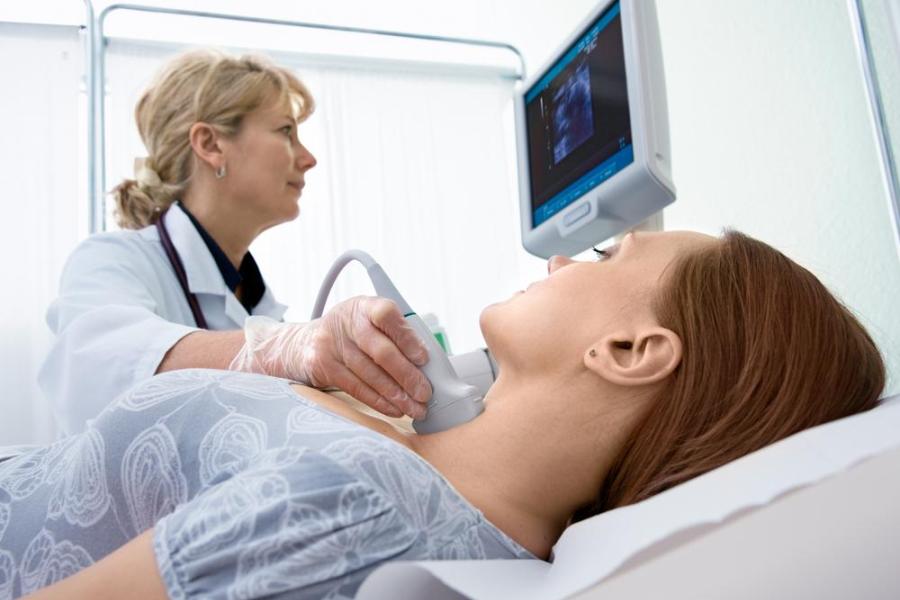
Detection of Thyroid Dysfunction
Diagnosis is based on symptoms and lab results. Most often lab results will display high TSH, low T3, T3. Symptoms of thyroid disorders will include weight gain, fatigue, hair loss, brittle nails, muscle aches, slow heart rate, cold intolerance, constipation, brain fog, difficulty concentrating, depression, dry skin
Thyroid panel blood work includes the following:
- TSH (normal 0.5-5 mIU/L)
- High TSH with low T3, T4
- Hypothyroidism. The pituitary gland detects the amount of thyroid hormone is low and producing more TSH in an attempt to stimulate the thyroid to produce more T3 and T4.
- Normal TSH with low thyroid hormones (T3, T4)
- Pituitary gland dysfunction
- High TSH with low T3, T4
- Free T4 (normal 0.8-2.4 ng/dl)
- Low T4 suggest hypothyroidism
- Other causes of low T4: low albumin (protein in the blood stream), pituitary gland disorder, hypothalamic failure
- T3 (normal 100-200 mIU/L)
- Decreased suggests hypothyroidism
- Thyroid Antibodies
- TPO Antibodies (0-34)
- Elevated suggests Hashimoto’s
- Testing for anti-Tg and anti- THO antibodies in the blood. Circulation antibodies to thyroperoxidase are the best markers for the detection of HT while the antibodies to thyroglobulin are less sensitive and less specific.
The frequency of ‘Thyroid Panel’ Blood Work:
New diagnosis: Most will have thyroid hormones tested every 3 months when first starting treatment and while hormone levels are reaching target level
Change in medication dose: Once the dose is changed, levels should be checked in 3 months. If the tests are within a normal range, the tests can be then performed biannually.
Reaching target: Once reached target level blood levels will be checked every 6 months
Other Tests:
- Vitamin D
- Cholesterol
- Magnesium
- Complete Blood Count
- Iodine
- Other hormonal tests as they are closely related to normal thyroid functioning
- Imaging
- Thyroid ultrasonography is most useful for monitoring thyroid size and appearance of thyroid nodules.
If lab tests are ‘normal’ but symptoms still persist:
If you doctor tells you your lab results are “normal,” but you are experiencing symptoms of fatigue, weight gain, etc there are several steps that you can take.
Step 1) Make sure your T3, T4, TSH, and thyroid antibodies were all tested. Many providers just look at the TSH. Just TSH is not enough information. Many people have normal TSH, but their T3 or T4 is off.
Step 2) Rule out other conditions that may present with similar symptoms
- Adrenal fatigue
- Anemia
- Depression
- Hormonal imbalances
- Electrolyte imbalances
- Irritable Bowel Syndrome
- Food allergies
- Autoimmune disorders




